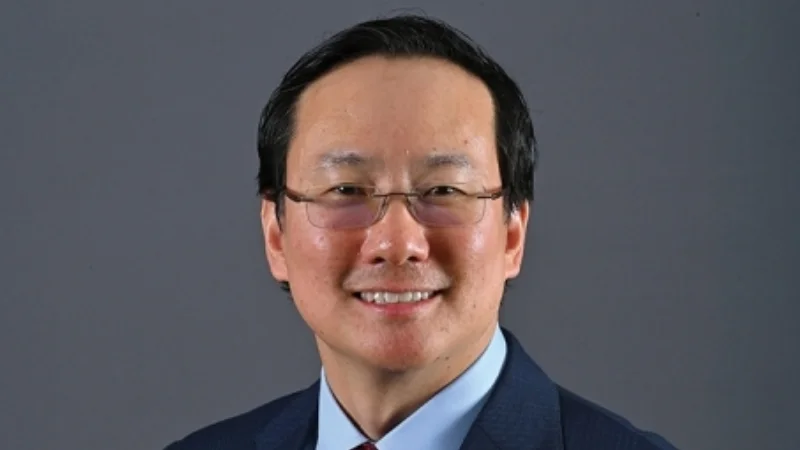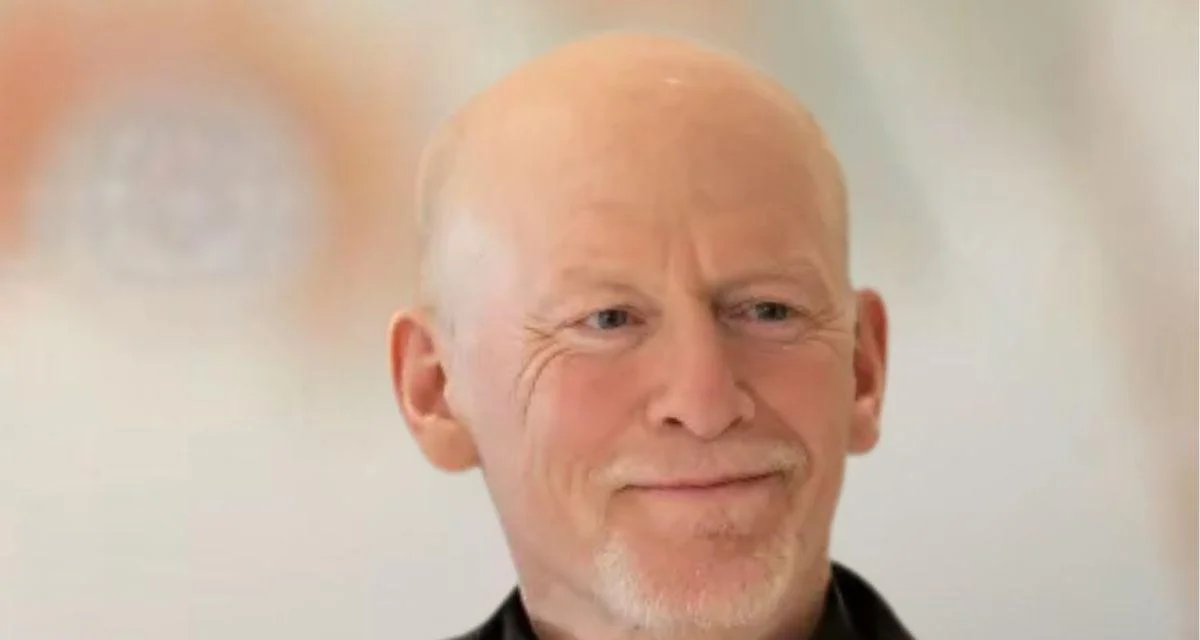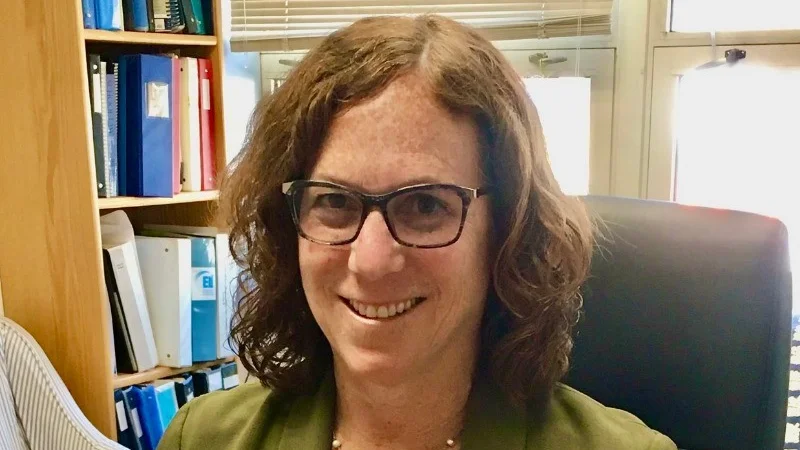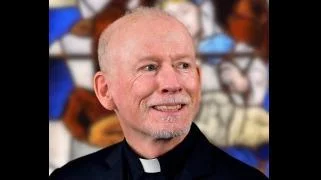
Professor Philip Lee | St. John's University | Official Website
In a recent installment of the Law Matters story series, Dean Jelani Jefferson Exum spoke with Professor Philip Lee about his career at the intersection of education, equity, and law. Professor Lee’s research focuses on academic freedom, race-conscious admissions, education law, and how legal frameworks impact access to education. He also emphasizes the importance of critical thinking and advocacy for inclusion and social justice in his teaching.
When asked about what motivates his work in this area, Professor Lee said: "I believe that education is at the center of fulfilling human potential. Understanding who you are, your relationship to society, and your ability to effectuate change are crucial elements of human flourishing. Everyone should have access to this type of educational experience. However, the legal system has both facilitated and hindered equitable access to this experience. I continue to engage in this work because I’m on a quest to create transformational educational opportunities for as many people as possible."
Reflecting on his teaching experiences, Professor Lee noted: "Working in different educational settings over the years has taught me the incredible value that diversity has for students’ learning. Imagine the quality of the discussion if I was teaching about gender discrimination, and there were no women in the classroom. Or if I was teaching about Separate But Equal, and there were no students of color in the class. Or if I was teaching about marriage equality, and there were no LGBTQ+ students in the space. I could imagine that the conversation would be quite superficial as we discussed 'those other people’s rights.' It would not go deep enough to explore the real-world effects of the legal rules. Fortunately, I have yet to teach in a non-diverse classroom, so I’ve had students raise their hands and share stories of how they either lived or witnessed the effects of the law. That dialogue makes the learning so much deeper."
Professor Lee also described why he involves students in his research: "My students are the next generation of advocates, judges, and scholars. It’s important to help them build a foundation to delve deeply into scholarly debates and understand the issues involved. If they can do this assisting me in my work, they can certainly transfer these skills to their own projects."
He discussed receiving recognition from two institutions: "I first explored the concept of academic freedom in a Higher Education Law class at Harvard. We analyzed Regents of the University of California v. Bakke, a 1978 U.S. Supreme Court case about race-conscious admissions in higher education where the Court recognized that the educational benefits of diversity were a compelling state interest. I wanted to learn more, so I decided to write my dissertation on academic freedom at American universities, which I later published as a book. As I continued my scholarly career, I published articles and gave presentations on professorial and student academic freedom. It was gratifying to receive the Jay Newman Award for my work centering on academic freedom, diversity, and education access, and my dedication to teaching and mentoring students. A decade in, I’m seeing the ripple effects of my efforts, which include being nominated by one of my students for the St. John’s Values and Inclusion Program award. I think the nomination and my selection reflect my inclusive vision for what social justice looks like. In class, I try to demonstrate the value of inclusion and to foster students’ awareness that conversations around race and equity are for everyone, not just racial minorities. The student who nominated me is a White student who embraces the critical importance of understanding race and racism in our society to make our world a better place."
Regarding current scholarship topics after recent changes by federal courts regarding affirmative action policies—such as the Supreme Court's decision ending race-conscious admissions—Lee stated he is now focused on issues related to K-12 educational access: "After the Supreme Court struck down the educational benefits of diversity in higher education as a compelling government interest in SFFA v. Harvard, I turned my attention to addressing educational access at the K-12 level. I'm writing my next law review article on that topic." He added: "Law is a tool kit, and if one tool isn’t working, we must turn to others. If you consider yourself an 'equity warrior'—which is something my mentor in graduate school used to call her students—you don’t have the luxury of giving up after a setback."





 Alerts Sign-up
Alerts Sign-up